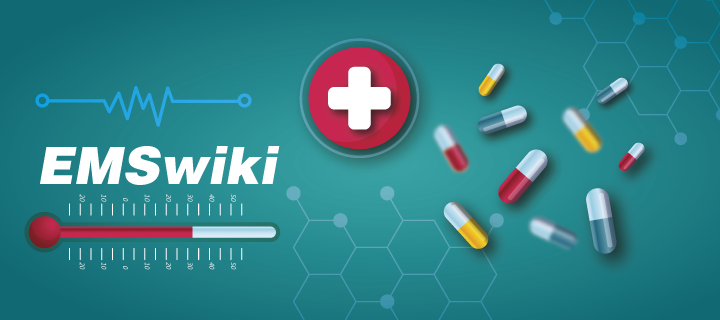
Computed tomography: a comprehensive guide
Exploring the Use, Procedure, and Applications of CT Scans
What is Computed Tomography (CT)?
Computed Tomography (CT), also known as CT scanning, is a medical imaging technique that uses X-rays and a computer to create detailed images of organs, bones, muscles, and other tissues inside the body. With its detailed cross-sectional images, it overcomes the limitations of conventional X-rays and can be used for diagnosing diseases, monitoring treatments, or guiding medical procedures such as biopsies and surgeries.
How It Works and What It Shows
During a CT scan, the patient lies on a table that moves inside a donut-shaped scanner. The device rotates around the patient, taking a series of images from various angles. These images are then processed by the computer to produce a detailed representation of the examined body area. CT is effective in detecting various conditions such as specific types of cancer, fractures, heart diseases, blood clots, gastrointestinal disorders, kidney stones, brain and spinal cord injuries, and internal bleeding.
Preparation and Procedure
The preparation for a CT scan varies depending on the type of examination. Typically, fasting for a few hours before the scan and drinking only clear liquids is recommended. In some cases, a contrast agent may be used to enhance the visibility of specific tissues, organs, or blood vessels. This can be administered intravenously or orally. During the scan, the patient may need to lie in specific positions and hold their breath for short periods to obtain clear images. The scanning process is usually quick, often taking less than 15 minutes.
Safety, Side Effects, and Results
CT scans are generally considered safe, even though they involve a small amount of ionizing radiation. The risks associated with radiation exposure are very low, but it’s important to discuss them with your doctor, especially if you are pregnant. Side effects from the contrast agent may include nausea, headaches, and dizziness, but they are generally mild. CT scan results are typically provided within 24-48 hours of the examination and are analyzed by a radiologist before being discussed with the patient.
Sources


